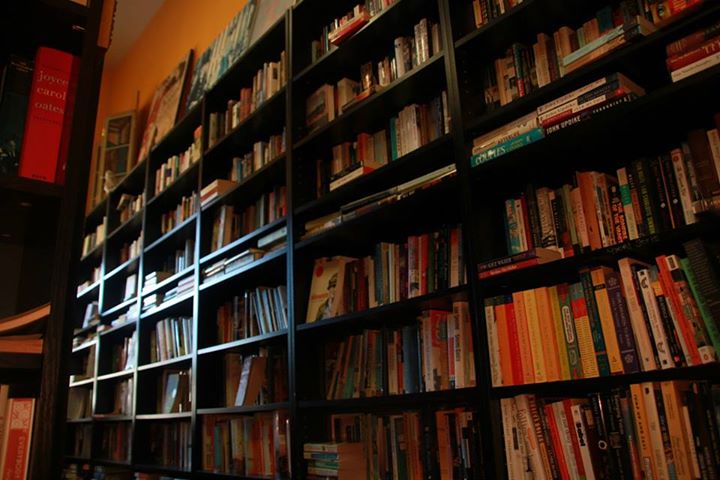Feel the Pull of Darkness
Aaron Guest
 I volunteered to drive the night shift during a cross-country road trip last year. That meant the long drive through South Dakota, Wyoming, and Montana. Maybe my enthusiasm to take the short straw was the prospect of what singer/songwriter/writer Josh Ritter calls being “pulled by the American darkness/the mountains, the rivers, the fields at harvest”. Or maybe it was the goal of meeting the sunrise in Missoula. (I had long ago been lured in by A River Runs Through It.) I didn’t want to come to such joy by sleeping until the morning.
I volunteered to drive the night shift during a cross-country road trip last year. That meant the long drive through South Dakota, Wyoming, and Montana. Maybe my enthusiasm to take the short straw was the prospect of what singer/songwriter/writer Josh Ritter calls being “pulled by the American darkness/the mountains, the rivers, the fields at harvest”. Or maybe it was the goal of meeting the sunrise in Missoula. (I had long ago been lured in by A River Runs Through It.) I didn’t want to come to such joy by sleeping until the morning.
A writing mentor told me once, “You really like to write about losers.” I do. I like stories whose characters experience the weight of evil and suffering dragging them down far short of redemption. I like stories and books and movies where evil— and I’m simplifying here—wins.
In a recent conversation in Granta, Ben Marcus and George Saunders discuss ‘dark’ literature. Both writers make no apologies about being pulled to stories that, in quoting Joy Williams, deal with “the horror and incomprehensibility of time.” Stories not fleeing from fear or hopelessness or sadness. Characters whose experiences do not bloom into rainbows and sunrises at the end. Marcus sums it up best, “Relishing this kind of writing does not mean we do not love life. It means we love life enough to want to be present to its difficulty and complexity. We experience pleasure when we feel that someone has arrived at something essential.”
Growing up with faith I have been assured I am part of a great cloud of witnesses. But too often this “cloud” is paraded around as a heavenly choir singing only of “glad tidings of great joys”. Faith, like literature, if it is to “arrive at something essential,” needs to be honest with darkness, allow space for doubt, and ponder questions with answers that leave us far short of redemption. As Madeleine L’Engle says, “pretending there is no darkness is another way to extinguish the light.”
It was nearly 2 a.m. when I crossed the Montana border in March 2014. Rolling hills were covered in frost and sparkling in the starlight. Just passed the state sign I pulled the car over and stepped outside. And, right now, as I’m thinking about what I felt out there, another of Josh Ritter’s lyrics rings true,
A sky so cold and clear the stars might stick you where you stand and you’re only glad it’s dark ‘cause you might see the master’s hand you might cast around forever and never find the peace you seek.
